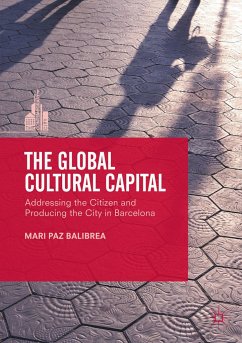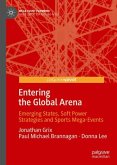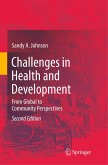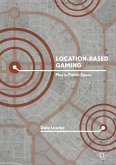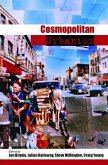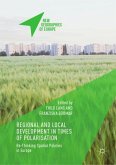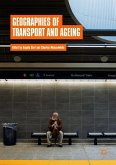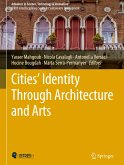This book argues the crucial role of culture and cultural policies in defining the notion of urban citizenship in Barcelona since 1979. Through analysis of official documents, municipal publicity campaigns, sport - including the Olympic Games and Barcelona F.C - and film, Balibrea makes sense of the city as a global cultural destination and reveals how such transformation impacts local inhabitants.
Scrutinizing municipal discourses on culture from the late 1970s, this interdisciplinary work unveils how ideas of the function and nature of citizenship articulate changing definitions of the city, from model to brand. Over the course of topics such as: tourism, social democracy and urban regeneration, Balibrea constructs an original argument for how the Barcelona image mobilizes neoliberal fantasies of subject transformation. A wide-ranging study, this book will be of great interest to scholars of urban geography, sociology and cultural studies.
Scrutinizing municipal discourses on culture from the late 1970s, this interdisciplinary work unveils how ideas of the function and nature of citizenship articulate changing definitions of the city, from model to brand. Over the course of topics such as: tourism, social democracy and urban regeneration, Balibrea constructs an original argument for how the Barcelona image mobilizes neoliberal fantasies of subject transformation. A wide-ranging study, this book will be of great interest to scholars of urban geography, sociology and cultural studies.

